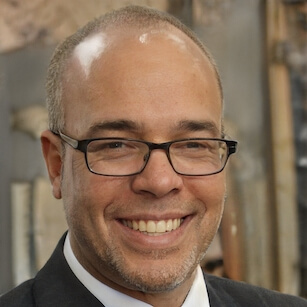1. Understanding the business model: First, I would work closely with the executive team to gain a deep understanding of the company's products, services, and target markets. This helps me identify the key drivers of revenue, costs, and profitability, so that I can build a comprehensive financial model that reflects the company's unique growth trajectory.
2. Setting clear financial objectives: Next, I'd collaborate with the executive team to establish clear financial objectives that align with the company's overall strategic goals. This could include targets for revenue growth, profit margins, cash flow, and capital efficiency. These objectives would then serve as the foundation for our long-term financial strategy.
3. Implementing robust financial processes: Finally, I would focus on putting in place the necessary systems and processes to support our long-term financial strategy. This includes budgeting and forecasting, capital allocation, risk management, and performance measurement. By implementing these processes, we can ensure that the company is well-equipped to execute on its strategy and achieve its financial objectives.










